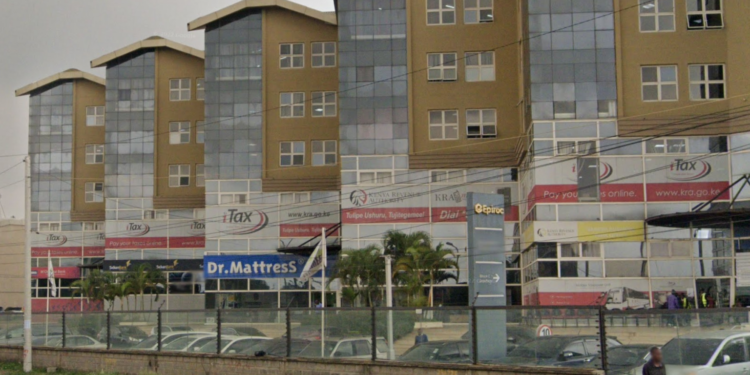Kenya Revenue Authority’s just-released guidelines indicate the controversial Affordable Housing Levy (AHL) will apply not only to formal employees but also directors receiving regular allowances and casual workers paid short-term salaries, according to an internal memo obtained Monday by Sharp Daily.
The September 13 memo aims to clear up confusion surrounding the 1.5% levy on gross monthly income, which is part of the government’s ambitious affordable housing program.
Specifically, the KRA guidance states that AHL applies broadly to “all employees” regardless of their specific contract terms or engagement model. It notes the Employment Act defines an employee expansively as “a person employed for wages or a salary” based on either written or oral agreements.
“AHL applies to all employees with contracts of service irrespective of the terms,” the memo unambiguously states.
Read more: How a new law could change Kenya’s bodaboda business
This means monthly honoraria paid to directors and quarterly allowances for board members fall under the levy if they have ongoing service contracts, according to the KRA guidelines. Additionally, temporary workers hired as casuals must also pay AHL on their gross salaries.
“Honoraria paid on a monthly basis and directors’ allowances paid on a quarterly basis for a contract of service are therefore subject to AHL. Further, salaries paid to casuals for services provided for a period of time are also subject to AHL,” the memo reads in part.
For employees with multiple employers, the memo clarifies that each employer should separately account for and remit AHL based only on the salary payment made to that specific employee. This maintains the overall 1.5% tax rate on total income, preventing double taxation.
The internal memo, signed by Deputy Commissioner Esther Wahome, also discusses the PAYE tax rate for secondary employees. It notes while iTax lists a 35% rate, the self-assessed PAYE return form enables employers to capture tax for secondary workers based on their specific circumstances.
Critics have argued the housing levy unfairly burdens workers already hit with other deductions. But the government insists the program will expand homeownership to benefit more citizens in the long run.











